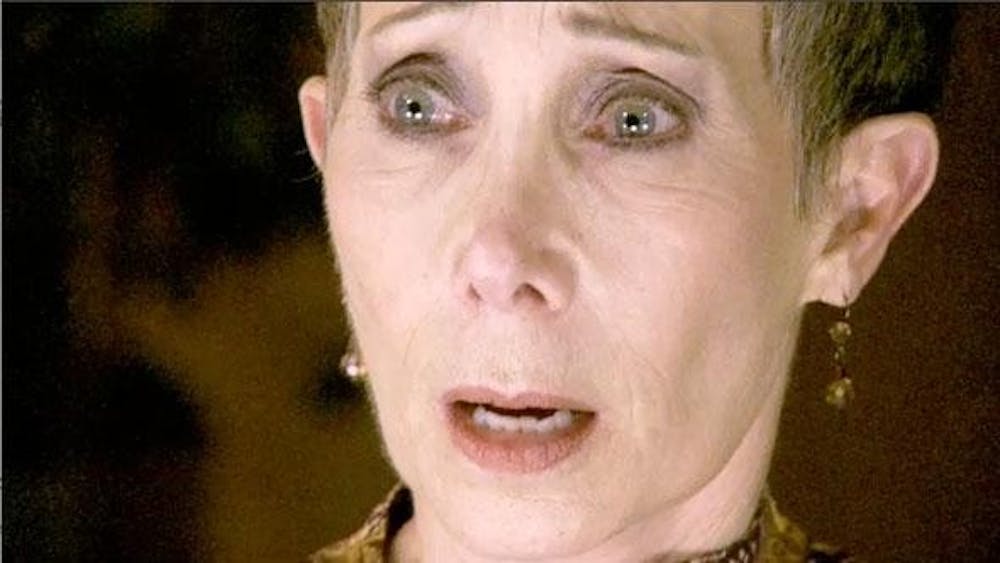Your mom will hate “Dead Space 2.”
At least that’s what Electronic Arts’ marketing department wants you to believe. EA released a series of videos leading up to the game documenting several mothers’ reactions to some of the more violent and gore-filled segments of the game. The reactions are all very similar. Each mom is disgusted, and many question who would play or make a game like “Dead Space 2.”
For an industry that has struggled recently with its depictions of “mature” content, an ad campaign like this represents and focuses on an image that video games have been trying to shake.
Video games have come a long way in showing “mature” themes. Games like “Heavy Rain” and “Red Dead Redemption” have shown that the medium can create mature, developed characters that aren’t simply super soldiers. Whereas mature once meant blood and guts, it now also encompasses games that deal with concepts like how far you would go to protect your family or reforming and atoning for past sins. “Dead Space 2” and the accompanying advertisements play on juvenile notions of maturity gamers have worked hard to change.
The bigger issue with the campaign is that it comes in the wake of gaming’s fight to avoid censorship. Recently, the Supreme Court heard arguments concerning a California law that would require stores to ID anyone purchasing a mature game and face harsh penalties if they sell to a minor. While it sounds good in theory, the finer points of the law, specifically the definition of which games would be considered “mature” is subjective and unclear. Much like the film industry, the gaming industry understands that self-regulation and rating of content are to the industry’s benefit. How is the industry supposed to defend itself when one of the biggest releases in 2011 uses a marketing campaign that trumps up the violence and gore in the game?
This ad campaign is indefensible. Even as the industry tries to argue that it doesn’t market age-inappropriate products to children, it directly markets a mature game to people not even old enough to purchase it. After all, who else would care if their mom didn’t like a game? The “intended” audience of the game, according to its rating, is players 17 or older. However, I don’t know of any 18-year-olds who base their entertainment decisions on whether or not their mother disapproves.
EA’s hypocrisy makes the situation even worse. When developer BioWare released “Mass Effect” in 2007, controversy surrounded its sex scene. Fox News aired a segment falsely accusing the game of allowing players to engage in graphic sex. In response to these glaring inaccuracies, EA defended BioWare, arguing in a letter to Fox News that the game “requires players to develop complex relationships before characters can become intimate” and that the content of the game is no worse than what someone would see on the Fox network. EA defended the artistic value of “Mass Effect,” yet it depicts “Dead Space 2” in the same light that it fought against.
As the second largest video game publisher in the world, EA should be concerned with the industry’s image. Instead, it has published a game where the main selling point isn’t gameplay, plot or characters, but violence and gore.
The campaign is irresponsible, and while it might help “Dead Space 2” earn sales in the short run, the long-term repercussions it could have on the rest of gaming are much more severe.
Your mom will hate ‘Dead Space 2,’ but does anyone care?

Get stories like this in your inbox
Subscribe





